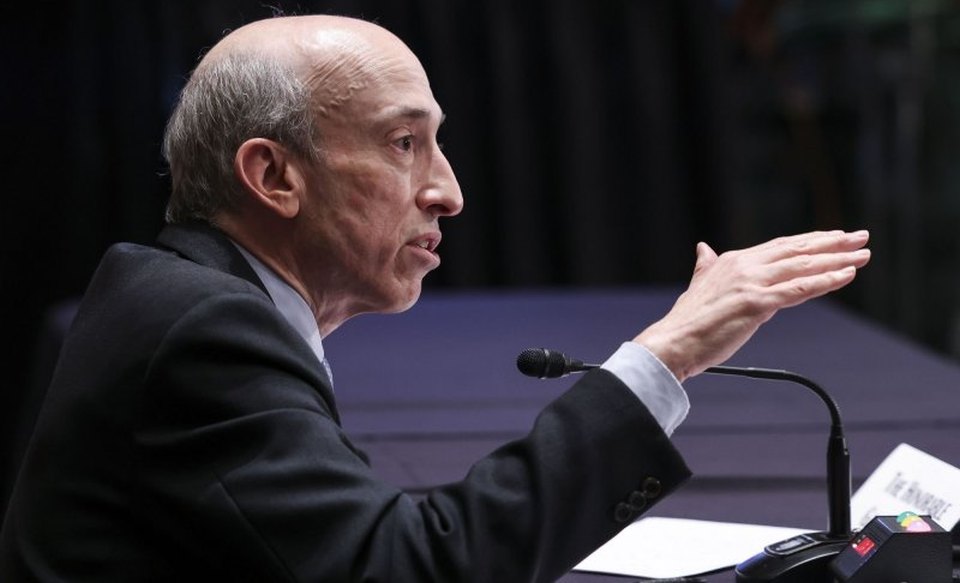SEC shuts down Beaxy crypto exchange, founder sued for SEC violations

Beaxy crypto exchange is the latest casualty of the ongoing chaos in the crypto industry. Beaxy officially closed its doors after the U.S. Securities and Exchange Commission (SEC) charged the company with violations.
The SEC charged Beaxy and its executives for operating an unregistered exchange, brokerage, and clearing agency simultaneously, making it the first cryptocurrency platform to be shut down by the agency.
In a statement on Wednesday, the agency for failing to register as a national securities exchange, broker, and clearing agency.
The SEC also charged Beaxy founder, Artak Hamazaspyan, and a company under his control, Beaxy Digital, Ltd. for conducting an unregistered offering of the Beaxy token (BXY) and raising $8 million. Additionally, the agency also said that Hamazaspyan “misappropriated at least $900,000 for personal use, including gambling.” Lastly, the SEC has charged market makers who were operating on the Beaxy Platform for acting as unregistered dealers.
According to the SEC’s complaint, Windy Inc. took over the Beaxy platform in 2019 after the founder misappropriated money, and managers Nicholas Murphy and Randolph Bay Abbott maintained Beaxy for trading crypto assets “that were offered and sold as securities,” the SEC added.
The complaint also alleges that Windy, through the Beaxy Platform, violated the Securities Exchange Act of 1934.
“When a crypto intermediary combines all of these functions under one roof – as we allege that Beaxy did – investors are at serious risk,” Gurbir Grewal, the SEC’s enforcement chief, said in the statement. “The blurring of functions and the lack of registrations meant that regulations designed to protect investors were not followed or even recognized by Beaxy.”
Meanwhile, Beaxy said on its website that it was suspending its operations because of the “uncertain regulatory environment surrounding our business.”
“We forthrightly committed to cooperation with the Securities and Exchange Commission for over two years, continually providing information, data and interviews to assist regulators in whatever manner we could,” Beaxy said.
The SEC said that Beaxy customers will be able to withdraw their assets within 24 hours after all user orders are canceled and balances are verified and are encouraged to do so within 30 days.
“We allege that Beaxy and its affiliates performed the functions of an exchange, broker, clearing agency, and dealer without registering with the Commission and complying with clear, time-tested rules governing those activities,” said SEC Chair Gary Gensler. “Our securities laws for decades have served to protect investors, make capital formation easier and cheaper, and improve our markets. This case serves as yet another reminder to crypto intermediaries that their business models must comply and adapt to the law, not the other way around.”
“To protect investors, there are separate registration requirements for exchanges, brokers, and clearing agencies, with each essentially acting as a check on the other,” said Gurbir S. Grewal, Director of the SEC’s Division of Enforcement. “When a crypto intermediary combines all of these functions under one roof—as we allege that Beaxy did—investors are at serious risk. The blurring of functions and the lack of registrations meant that regulations designed to protect investors were not followed or even recognized by Beaxy.”

